We value your privacy
Please note this site uses cookies, are you happy with this? Our privacy statement can be viewed here.
Please note this site uses cookies, are you happy with this? Our privacy statement can be viewed here.
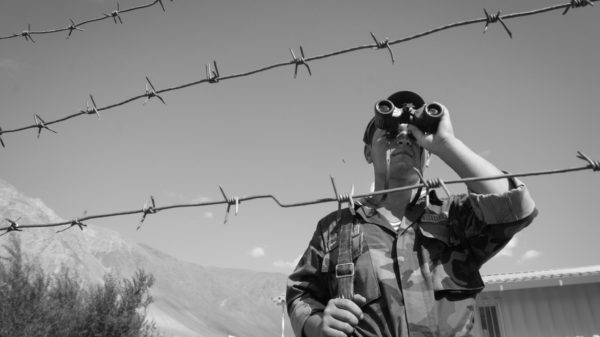
In April 2024, the EU Corporate Sustainability Due Diligence Directive (EU-CSDDD) was formally adopted by the European Parliament after months of intense negotiations between Member States.
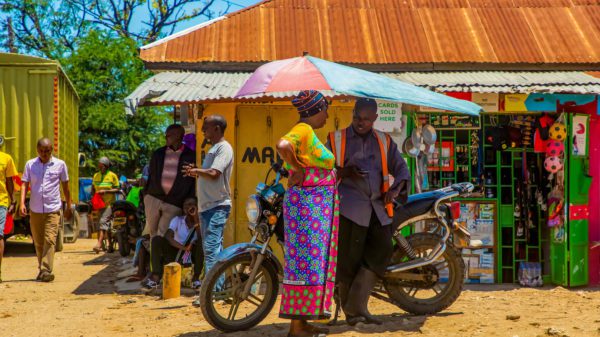
This independent study led by TrustWorks Global was commissioned by the Finance for Peace initiative in 2022 in the context of their broader work on the Peace Finance Impact Framework (PFIF).
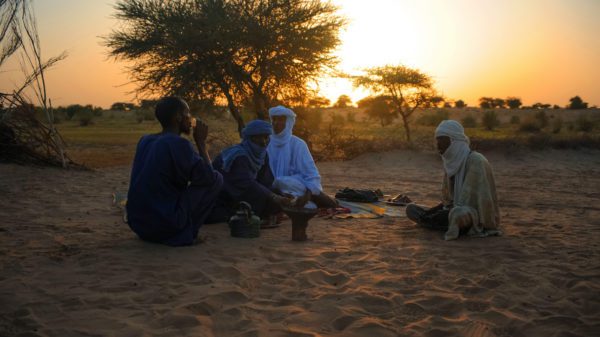
La longue période de conflit violent que connaît la région frontalière du Liptako Gourma résulte de nombreuses crises politiques, économiques, environnementales et de gouvernance sécuritaire. Depuis 2015, la violence s'est propagée du nord du Mali au Burkina Faso et au Niger et, plus récemment, aux pays côtiers qui ont des liens avec le sud du Sahel.

The extended period of violent conflict experienced in the tri-border region of Liptako Gourma is the result of complex political, economic, environmental, and security governance crises. Since 2015, violence has spread from northern Mali into Burkina Faso and Niger, and, more recently, to the coastal countries that share close ties with the Southern Sahel.
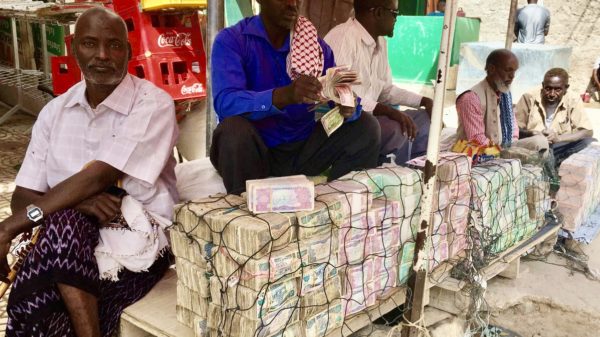
business & Peace Series, Paper No. 1, TrustWorks Global, July 2021.

This note summaries a dialogue convened on 11 June 2020 to explore the concept and practice of Feminist Leadership, co-hosted by Dag Hammarskjöld Foundation and TrustWorks Global.

This country briefing on Somalia explores the various dynamics around natural resource-related conflicts taking a close look at: extractives; water; and land-related conflicts. It explores potential entry-points for working with local actors to resolve these conflicts and prevent new ones.
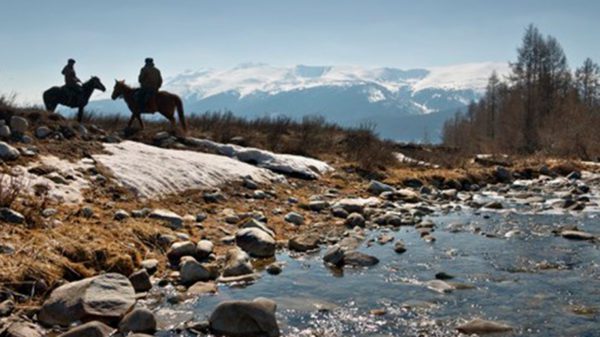
This country analysis explores the dynamics of natural resource-related conflicts in Kazakhstan, including socioeconomic, health, environmental and economic concerns and implications. It then analyses potential entry-points for resolution.
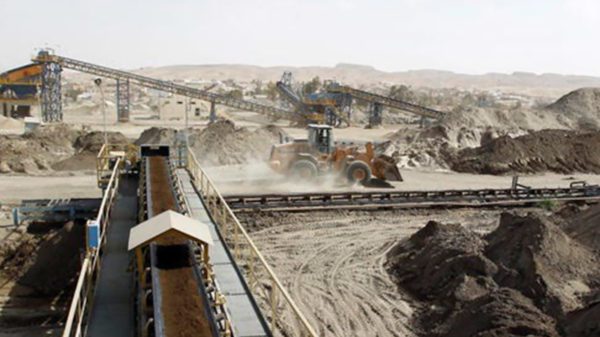
After placing Tunisia’s natural resource-related conflicts in political and historical context, this paper explores specific natural resource-related conflicts, the dynamics of social unrest around extractives operations, and the role of the trade unions, farmers and violent extremist groups. After a brief overview of previous attempts at resolution, the paper discusses potential entry-points for addressing these dynamics.

This country analysis on Myanmar explores the dynamics of conflicts around: minerals; hydropower and dams and oil and gas. It analyses the regulatory framework in place to manage natural resources and entry-points for exploring resolution of these conflicts and their inter-connection with political issues.
